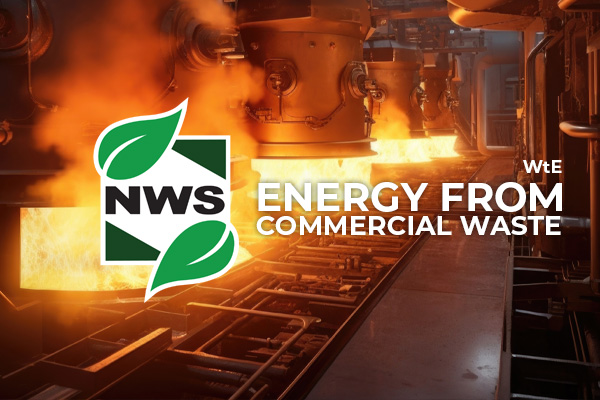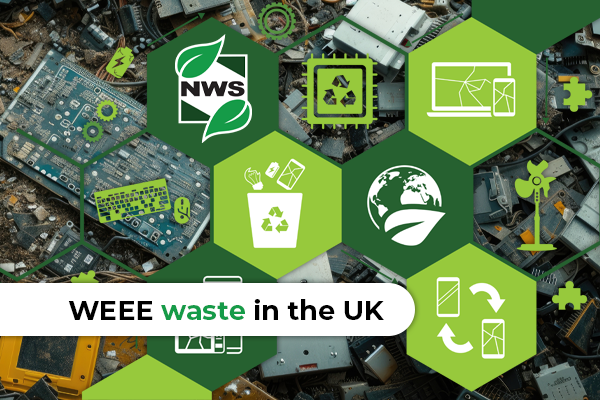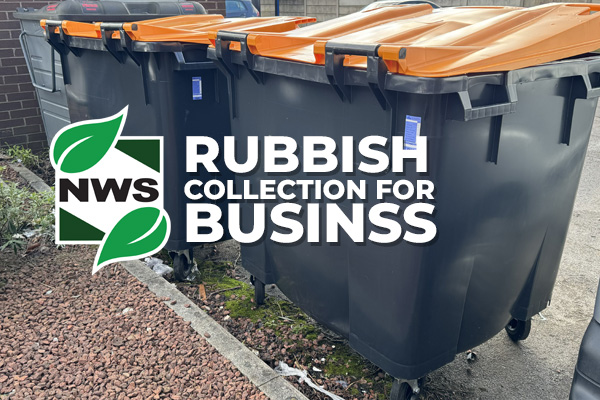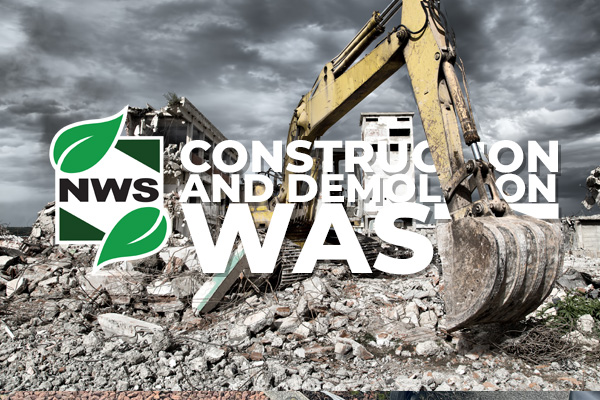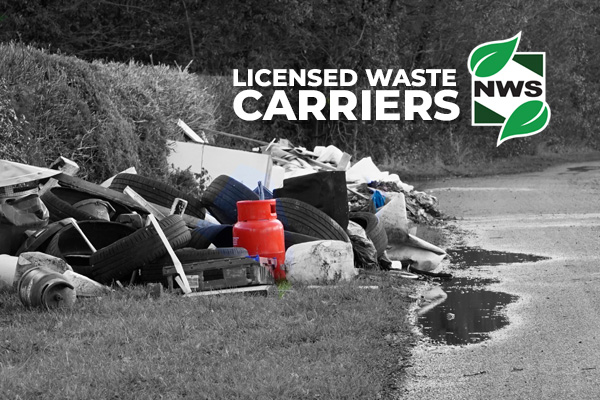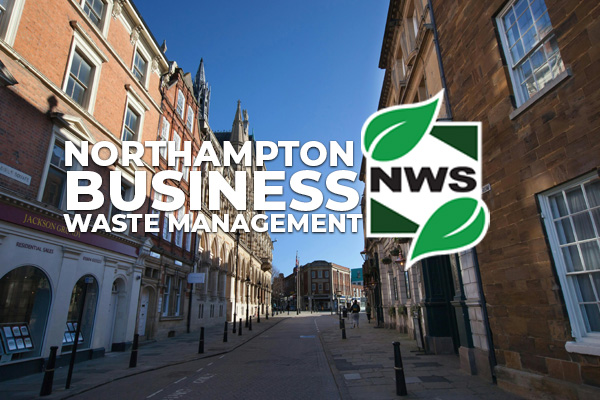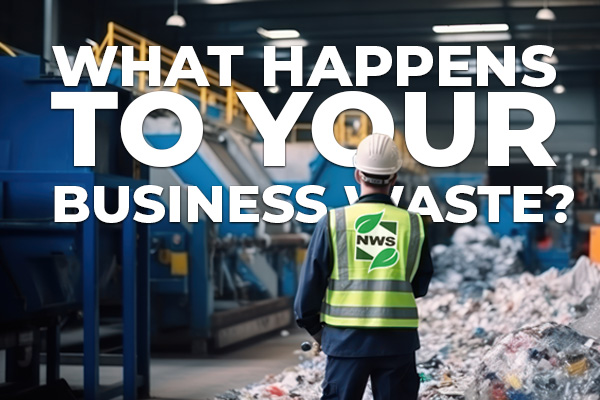Proper waste disposal is not only crucial for environmental sustainability it can also minimise costs and maximise efficiency in your business operations. Let’s Discuss Best Money Saving Strategies for Business Waste Disposal.
In other words developing cost-effective strategies for waste management can help your businesses save money while reducing your environmental footprint. In this article, we’ll provide you with some practical tips to save money on business waste disposal and manage the process more efficiently.
Conduct a Waste Audit
Every good waste management plan starts with an audit. A waste audit will help you understand your business’s waste generation patterns and identify areas for improvement. As part of the audit, it is important to analyse the types and quantities of waste produced, and assess the potential for Business Waste Disposal reduction, recycling, and reuse. The results of this waste assessment will provide a foundation for implementing targeted cost-saving measures.
Embrace Waste Reduction Techniques
Armed with the results of your waste audit you can then implement some waste reduction techniques. The most effective way to reduce waste disposal costs is to minimise waste generation at its source. This will require employees to be encourage to adopt waste reduction practices such as digitalising documents, implementing paperless workflows, or reducing packaging materials. By minimising waste creation, businesses can significantly cut down on disposal expenses.
Implement Recycling Programs
As business owners we are all incentivised to reduce waste and another of the more effective ways to hit your waste reduction target is to recycle. Establish a comprehensive recycling program within your organisation to help identify recyclable materials commonly generated in your Business Waste Disposal operations, such as paper, cardboard, plastic, or metal. You can then set up designated recycling bins and provide proper training to employees on sorting recyclables. Partner with local recycling facilities or waste management companies to ensure proper recycling. You could even explore potential revenue streams from selling these recyclable materials.
Seek Waste-to-Energy Solutions
Consider waste-to-energy solutions, such as anaerobic digestion or incineration, for certain types of waste. These processes can convert organic waste into biogas or generate electricity, reducing the volume of waste that needs to be disposed of while potentially creating an additional revenue stream.
Explore Composting Options
For businesses that generate a lot of organic waste, implementing composting programs can be both cost-effective and eco-friendly. Composting not only reduces waste disposal costs but also produces nutrient-rich soil that can be used in landscaping or donated to local community gardens.
Optimise Business Waste Disposal
Review your waste collection schedule to ensure it aligns with your business’s waste generation patterns. By adjusting collection frequencies based on actual needs, you can avoid unnecessary pickups and reduce associated costs. Additionally, consider consolidating waste streams to minimise the number of collection bins required.
Negotiate Contracts With Waste Management Companies
Regularly review and negotiate waste management contracts. Seek competitive bids from multiple providers to ensure you are getting the best rates for their services and the types of services required. Explore flexible service options, such as on-demand pickups or volume-based pricing, to optimise your waste disposal costs.
Educate And Engage Employees
Employees play a vital role in waste management for businesses. Educate and engage your workforce through training programs and internal communications. Encourage their participation by fostering a culture of sustainability, where waste reduction and responsible disposal are valued. Encourage feedback and ideas from employees to continuously improve waste management practices.
Stay Up To Date On Any New Regulations
Stay informed about local waste management regulations and incentives. Some regions offer tax credits, grants, or subsidies for businesses implementing sustainable waste management practices. By taking advantage of these incentives, businesses can further reduce their waste disposal costs.
Summary
Implementing a cost-effective waste disposal strategy not only benefits the environment but also helps businesses save money in the long run. By conducting Business Waste Disposal audits, embracing waste reduction techniques, implementing recycling programs, and optimising waste collection, businesses can significantly reduce waste disposal costs while, at the same time, promoting sustainability. Remember, waste management is an ongoing process, and continuous improvement is key to achieving long-term cost savings and environmental benefits.

